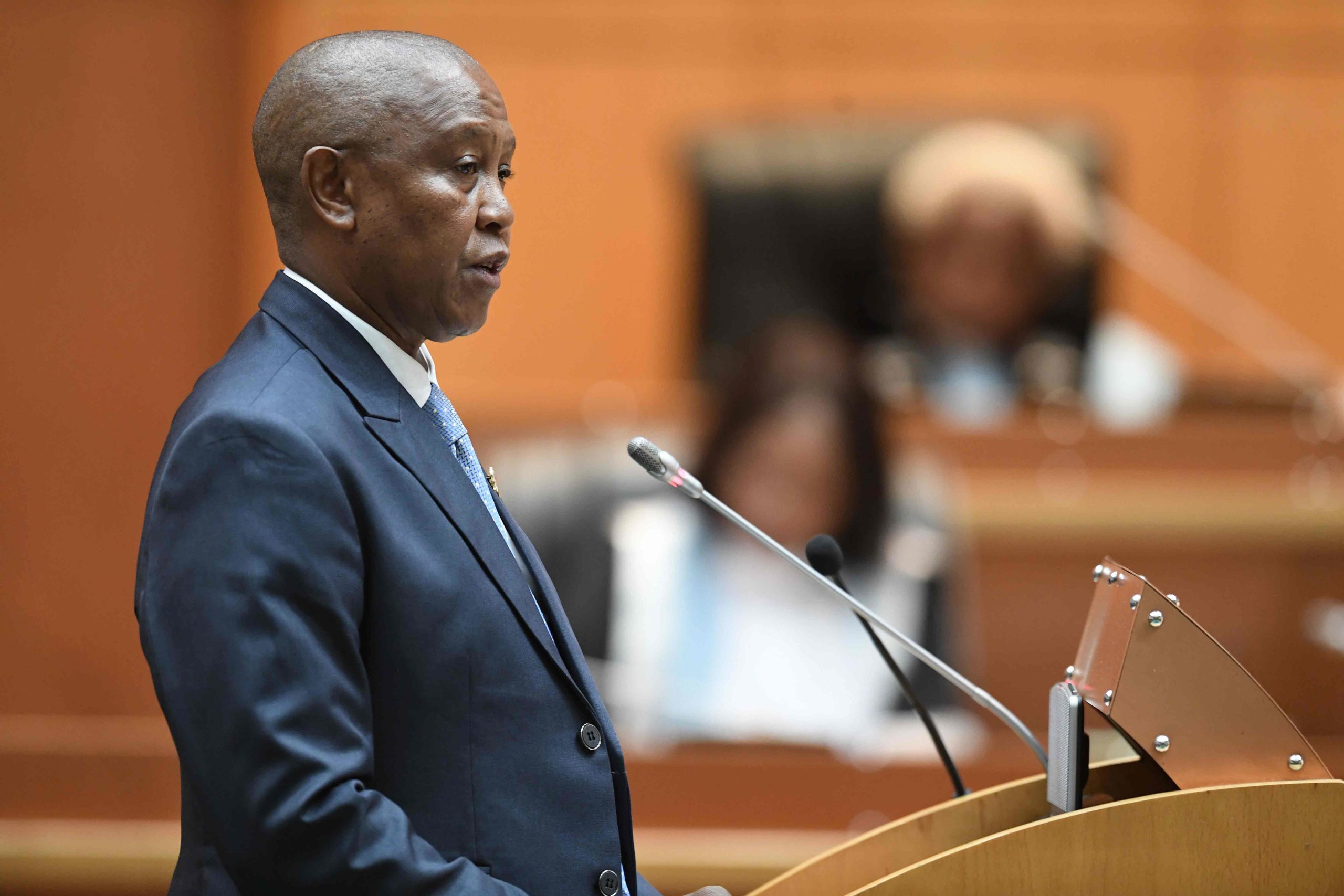Lawrence Ookeditse
The last couple of weeks we’ve had video clips on media showing the ugly side of Botswana’s development story- extreme poverty. This is especially the case among remote area dwellers, who generally are Basarwa. The new administration needs to demonstrate that it can actually make a meaningful difference among the poorest of our people. The budget speech ought to have been the starting point. While it is great that we speak of transformation to high income status as a country, it is equally critical that we deal with the extreme inequalities among our people.
Yet the budget speech simply speaks to the same generalized priorities as before, and these do not help those most marginalized. Our economists speak now of putting into place a middle class strategy which is commendable- but the mistake is to think a wealthier middle class will mean wealth trickles down to the poorest. The poorest in the remote areas have no middle class from whence wealth will trickle down- and the plan can not merely be to give them food parcels and shipping off their offspring to boarding schools at standard one as is currently the case.
We have done extremely well at covering most of the citizens of our country. The majority has access to education, sanitation, water (depending what you mean by water since those near the salty pans have a serious case to make for being without water) and general equality of opportunity.
In this good development story of our people, a key aspect has been left out. And that’s the poorest of the poor. There is a significant part of our population that’s below or unable to benefit from ISPAAD, LIMID and the likes. They are the poorest of our poor and their salvation lies with carefully considered planning for their level- the citizen economic empowerment law for instance is a beautiful tool but it hovers above their heads. They are probably 50 years behind everyone else.
The Khama administration did a far much better job than the Mogae administration did in so far as reaching out to the poorest of the poor. For the first time, we gave them a face. He danced and dined with them, he looked into issues of their shelter and say entertainment. Still, it wasn’t enough, which is the reason we need to consolidate and not regress in this score. After all, even the 10 years under President Khama (a friend to the poor and relatively friendly years for the poorest) did not expunge the economic exclusion of the remote area dwellers. It remained stagnant if not worsened.
Many of the disabled have no access to even wheelchairs, let alone adequate assistance to help them lead a meaningful life still. You get to Njuutshaa just next to Sowa and find a settlement of the most suffering of our people. Disability, poverty, landless was, a lack of shelter is their life. To compound matters, they often go for months on end without food rations because the District Commissioner or Council at whim decides if they’re squatters or have a right to be settled there.
Consequently, you say that they’re squatters yet the salt mine found them settled here. It’s not even for the salt mine that they’re declared squatters- it’s because the area has been declared a wildlife reserve. Declared a park while finding these people here- and without a feasible alternative being accorded them. They’ve lived their lives through part hunting and gathering and also keeping livestock or working for those keeping livestock. But that life has been robbed of them.
Their kids are ferried off at primary school level to boarding schools. Those boarding schools are no less than starvation camps. As well, these kids are alienated from families at a young age- which means wellbeing; a concept quickly gaining importance is undermined. Nations that are making development strides now speak of ‘well-being’ and among the key indicators of wellbeing is family time.
This is the truth we do not want told. The kids are emotionally scarred for life. All that’s achieved are numbers to satisfy international indices and tell the world that we are achieving universal access to education- yet it’s not purposeful. Take a close look at school results; those ungraded and the poorest performers- a huge proportion is from the far off settlements.
There is need for urgent focus on the poorest of our people wherever they maybe. This is not only about areas far from the City, but this last weekend an inferno reportedly killed people in Tsolamosese when a candle they used to light up the house somewhat torched the house while they slept. This is poverty at really bad levels.
Development is difficult to attain especially for a developing country like ours, but we ought to prioritize the development of the poorest of our citizens.
Batswana urgently need to consider development from a different lens. The story of development from the perspective of what the GDP of a country is, and this means that GDP, even with its more humane face variant of Per Capita GDP, is no longer enough. The budget as an instrument of development should be delving more directly on to the well-being of the poorest.
Local governments and further decentralization should be priorities to reach the most deserving. The well-being of the poorest and excluded should probably be a better measure of how well we are doing. After all, the strength of a civilization is often seen from the way it treats its weakest is it not?
What end is in sight for this extreme poverty and suffering? It’s a case of Les miserabeles. The extreme poor are the forgotten of our people. Sadly, the 2020 budget follows the same script that has created these inequalities in the beginning.

